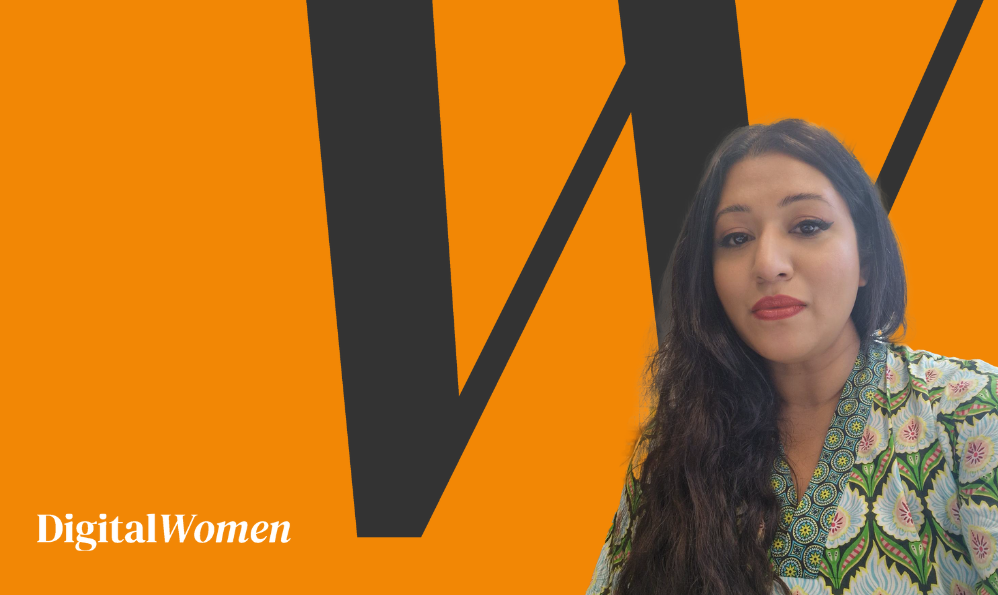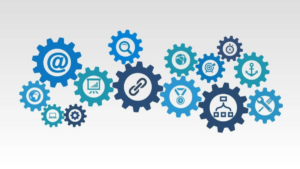Parweez Mulbocus is Head of eCommerce at OMD EMEA. Parweez has over 15 years of experience in eCommerce and marketing she worked with some of the world’s largest FMCG, automotive, fashion, publishing, and beauty brands.
Here, Parweez discusses the challenges faced as a woman coming from an ethnic minority background and explore the ways in which employers can ensure they’re pro-actively being inclusive…
As a woman from an ethnic minority background, what key challenges have you faced in your career?
When I started my career, not having a role model and not feeling represented, unconsciously developed into a mental barrier to stepping up. Lack of awareness in the workplace and having been culturally blind at the beginning of my career, made me brush off, on several occasions, unconscious bias or biased behaviours in the workplace and everyday life, which unknowingly resulting in what we call ‘minority stress.’
As I started self-educating and also taking the route of self-regulation as an outlet to preserve my energy, my mindset started shifting and the fears I had at the beginning of my career slowly started to disappear. Having built a support system around me, being consistent in who I was and continuously learning were and still are my main ‘go-to’ to keep going.
How much, if at all, have things improved over the years?
Organisational approaches to diversity and inclusion have improved over the last 15 years since I started my career in the UK. Organisations now understand that a substantial diversity and inclusion strategy can help in unlocking creativity and innovation and help them to attract and retain top talent.
As for myself, older and wiser, understanding that not every action or word needs a reaction, helps to channel my energy in the right direction. By practising self-regulation, I give myself the chance to put myself in the right environment, organise my thoughts and recruit the support I need. Support groups and close friendships in the workplace are important – they provide an outlet to get things off our chest, to discuss how to handle situations and now to keep going.
What are the main barriers for women and people from ethnic minority backgrounds?
Many of the internal barriers women experience to becoming leaders are similar to the barriers faced by minorities. Both women and ethnic minority communities are accustomed to being trivialised and ignored. Those barriers include generational trauma, perfectionism, imposter syndrome, inability to self-promote and minority stress to name a few.
Focusing on minority stress in the workplace, the term refers to the stress factor and emotional tax for people of colour being significantly higher in the workplace. That’s because being different because of gender, race and ethnicity often translates into ‘being on guard,’ consciously preparing to deal with bias or unfairness. And women from an ethnic minority background face twice the barriers, increasing their emotional tax, which already contributes to existing minority stress.
Should organisational leaders encourage and ensure that their teams are inclusive and welcoming to those from diverse backgrounds?
A McKinsey study from 2020 found that the most diverse companies are now more likely than ever to outperform less diverse peers on profitability.
Representation matters and should be encouraged. We can’t be what we can’t see. Representation is evidence of the equality of opportunities and an outcome of an organisational strong belief in diversity and inclusion. Diversity, equality, and inclusion should not be just another tick box. Encouraging examples of multiculturalism with more people of colour, women and minority communities can now be seen in mass advertising campaigns, however it only scratches the surface.
It is also crucial for organisational leaders to also have a diverse leadership and workforce and connect with customers of diverse backgrounds in the form of awareness, recruiting and creating opportunities for growth.
What more can women do to support each other professionally?
There’s nothing better than women championing each other at work and in life and not feeding into a patriarchal system that is still very much present. We can support each other by creating opportunities to celebrate our accomplishments. We often shy away or are given less credit for success. We can become the thought buddy of our female co-workers by boosting each other’s confidence, and that can happen at every level in an organisation. Don’t be a silent witness in the presence of conscious or unconscious bias.
Mentoring and sponsoring other women is an amazing way for females in leadership to reach back and support women early in their careers, creating the balance between being a leader and a team player. Don’t let generational divides divide women. It’s so important for women of all positions and career points to communicate about their experiences, both when starting and working their way up. Empowerment is important, but so are empathy and understanding.
Are you optimistic that these issues will be less prevalent in the future?
With inflationary pressures and economic uncertainty and the learnings from the pandemic years, we are experiencing a new pattern of self-empowerment among women, with a take-charge, can-do attitude, with self-care at the core. Women are monitoring their cash position, calling out inequality and carving time for the calibration of the mind, body, and soul.
Whilst tremendous strides have been made, there is still a fundamental lack of women in leadership roles, especially women from ethnic minority backgrounds. When women become leaders, they provide a different set of skills and imaginative perspectives, bringing structural and cultural differences to the table. Organisations now have a responsibility to create better policies and opportunities for women.








